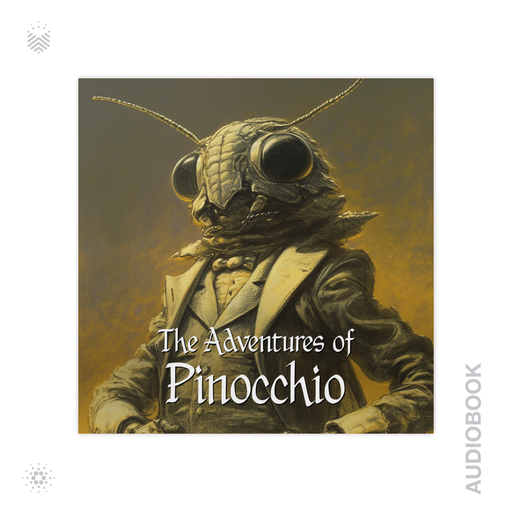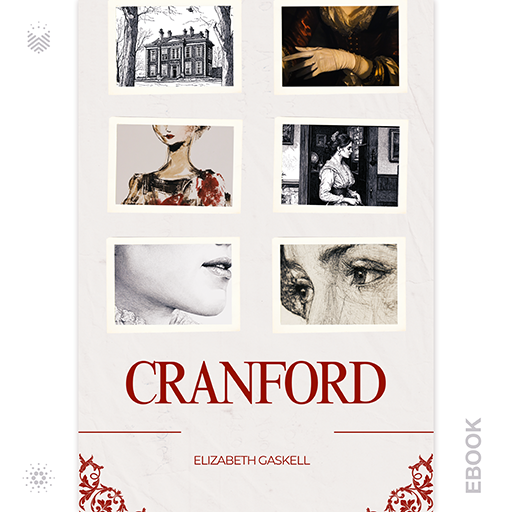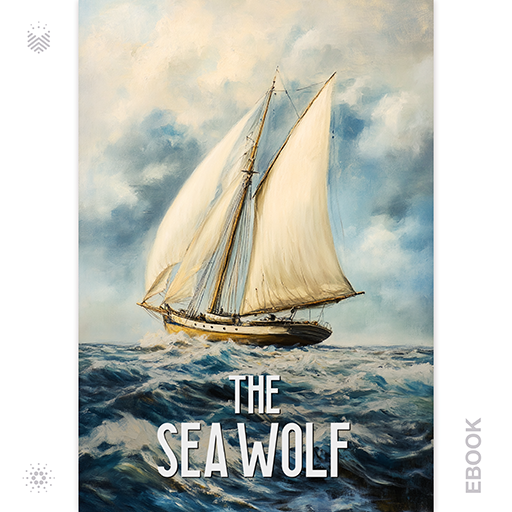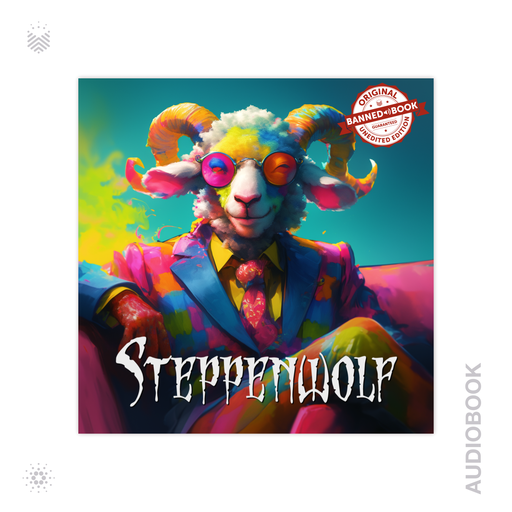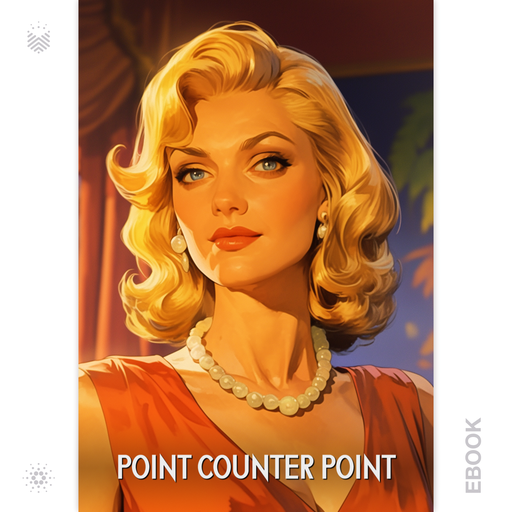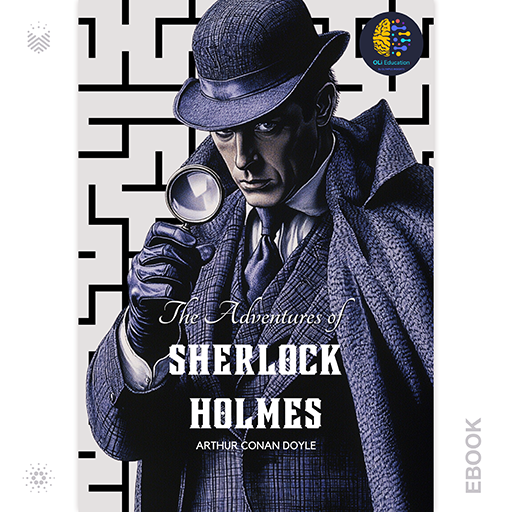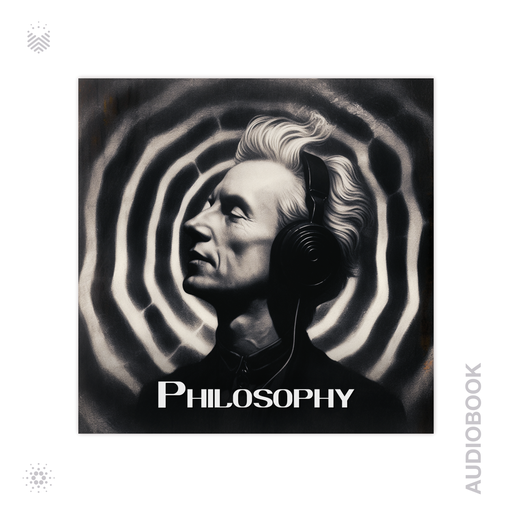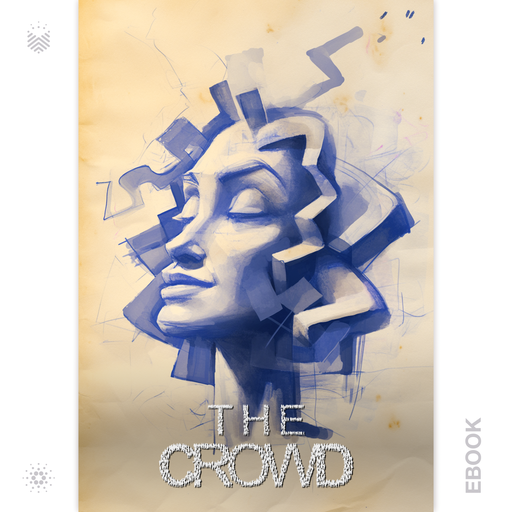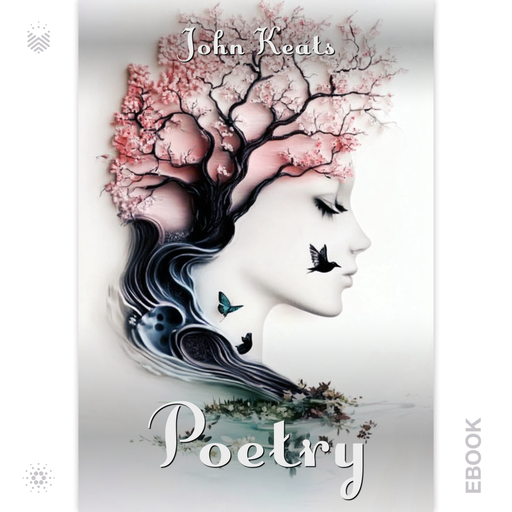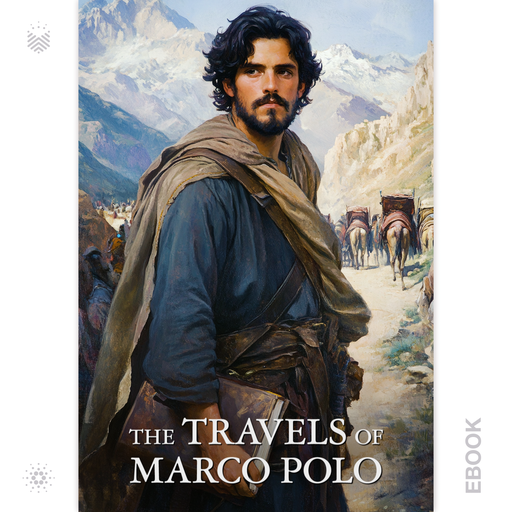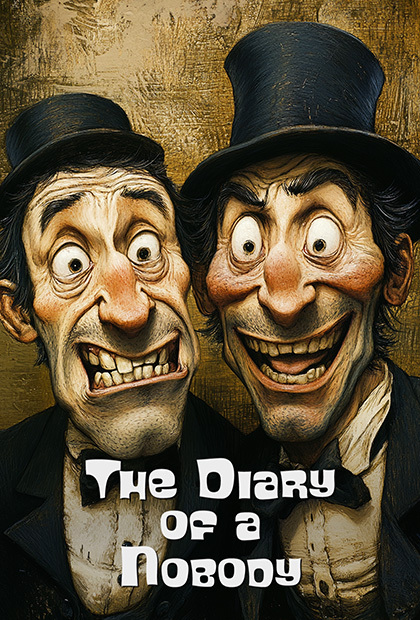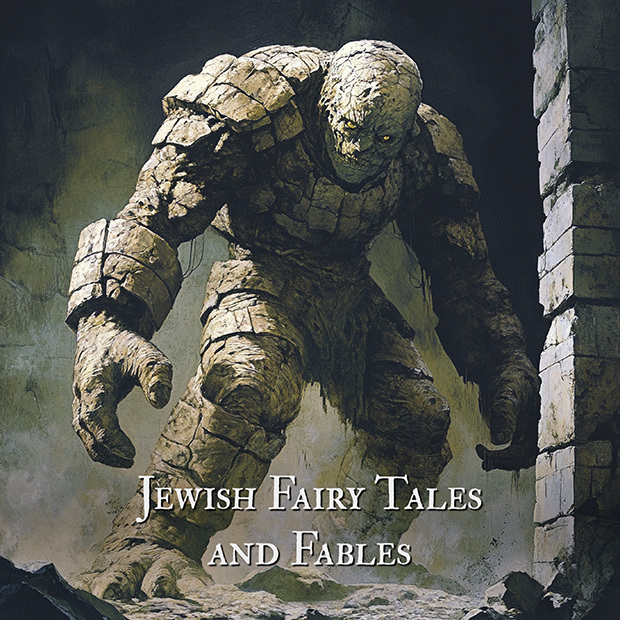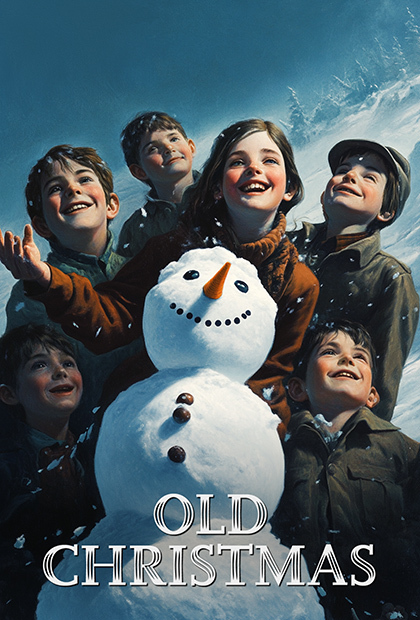During World War II, the fight against enemy forces wasn’t limited to the battlefield. Hidden within everyday routines, small acts of disruption could weaken entire systems from within. Originally published in 1944 by the Office of Strategic Services (OSS)—the precursor to the CIA—the Simple Sabotage Field Manual was a guide for ordinary citizens to subtly undermine enemy operations.
Read More
by Carlo Collodi
A mischievous wooden puppet, a whirlwind of adventures, and a quest to become real—The Adventures of Pinocchio is a timeless tale of transformation, deception, and redemption. Carlo Collodi’s masterpiece captivates readers with its thrilling escapades, moral lessons, and unforgettable characters.
Read More
by Elizabeth Gaskell
Cranford by Elizabeth Gaskell is a delightful portrait of small-town life in 19th-century England, blending gentle humor, social commentary, and heartwarming moments. Gaskell captures the charm and complexities of a close-knit community, revealing universal truths about human relationships and resilience.
Read More
by Elizabeth von Arnim
Elizabeth von Arnim’s The Enchanted April is a luminous and uplifting tale of self-discovery, friendship, and the transformative power of nature. Set against the idyllic beauty of the Italian Riviera, it offers readers a refreshing escape into a world of renewal and joy.
Read More
by Jack London
Jack London’s The Sea Wolf is a gripping tale of survival, power, and moral conflict set against the unforgiving backdrop of the open sea. With unforgettable characters and high-stakes adventure, London weaves a story that explores the darkest and noblest aspects of human nature.
Read More
by Hermann Hesse
Steppenwolf by Hermann Hesse delves into the depths of the human psyche, blending philosophical exploration with psychological turmoil. A novel of existential crisis and self-discovery, it follows a man torn between his refined intellect and primal instincts. Through surreal encounters and introspective revelations, Hesse crafts a deeply personal and hauntingly universal meditation on identity, isolation, and transformation.
… Read More
by Aldous Huxley
Aldous Huxley’s Point Counter Point dazzles readers with its sharp wit, biting satire, and vivid exploration of 1920s social and intellectual life. This masterful novel captures the essence of human conflict, blending psychological depth and philosophical inquiry in a narrative symphony of opposing ideas.
Read More
by Edith Wharton
Edith Wharton’s The Age of Innocence is a poignant exploration of love, duty, and societal expectations in Gilded Age New York. With its rich characters and elegant prose, the novel masterfully depicts the tensions between personal desires and social conventions.
Read More
by Anita Loos
Gentlemen Prefer Blondes by Anita Loos is a sparkling and satirical portrayal of the Jazz Age, offering readers a witty glimpse into the lives of its glamorous, gold-digging heroines. With humor and charm, Loos captures the frivolity, ambition, and allure of a bygone era.
Read More
by Sir Arthur Conan Doyle
Explore the iconic detective stories of Sherlock Holmes with this interactive lesson on the OLi Education platform. Delve into the key themes, characters, and literary devices that make Arthur Conan Doyle’s work a masterpiece of detective fiction. Through engaging quizzes, thought-provoking questions, and detailed character analysis, you’ll develop a deeper understanding of the text and enhance your critical thinking skills. To learn more visit: https://linktr.ee/olympusinsights
… Read More
by Bertrand Russell
Bertrand Russell’s Philosophy is a profound exploration of the fundamental questions about existence, knowledge, and the nature of reality. Through his engaging and logical style, Russell invites readers to challenge assumptions and embrace the intellectual curiosity that defines philosophy.
Read More
by Gustave Le Bon
Gustave Le Bon’s The Crowd: A Study of the Popular Mind is a groundbreaking exploration of collective behavior and its psychological underpinnings. This influential work examines how individuals transform within crowds, revealing the dynamics that drive mass movements and societal shifts.
Read More
by Sun Tzu
Sun Tzu’s The Art of War is a timeless masterpiece on strategy, leadership, and conflict resolution. Revered by military leaders, business professionals, and strategists worldwide, this ancient text offers profound insights into the dynamics of competition and success.
Read More
by Gertrude Chandler Warner
The Boxcar Children by Gertrude Chandler Warner is a heartwarming tale of resilience, family, and adventure. This timeless classic introduces young readers to the adventures of four orphaned siblings who find creativity and strength in building a life together in an abandoned boxcar.
Read More
by John Keats
Immerse yourself in the evocative world of John Keats – Poetry, a collection that captures the essence of Romanticism through the masterful verses of one of England’s most cherished poets.
Read More
by James Allen
James Allen’s As a Man Thinketh is a timeless classic that delves into the profound connection between thoughts and personal destiny. This transformative work offers practical insights into how the power of the mind can shape one’s character, circumstances, and ultimate success.
Read More
by Fyodor Dostoevsky
Fyodor Dostoyevsky’s Notes From Underground is a groundbreaking exploration of the human psyche, delving into themes of alienation, morality, and self-awareness. This novella challenges readers to confront uncomfortable truths about society and the individual’s place within it.
Read More
by Ernest Hemingway
Ernest Hemingway’s A Farewell to Arms is a timeless exploration of love and loss set against the harsh realities of war. With its gripping narrative and poignant emotions, this novel captures the fragility of human connections amidst the chaos of conflict.
Read More
by Marco Polo, Rusticiano da Pisa
Step into the medieval world with The Travels of Marco Polo — Volume 1 & 2, a collaborative masterpiece by Marco Polo and Rusticiano da Pisa. This remarkable narrative brings to life the vast and diverse lands of Asia, as seen through Marco Polo’s adventurous eyes and Rusticiano’s vivid prose.
Read More
by George Grossmith, Weedon Grossmith
Step into the hilariously mundane world of The Diary of a Nobody, where every small misstep and trivial event becomes a comedy of manners. George and Weedon Grossmith craft a timeless satire of middle-class life in Victorian England, turning the ordinary into the extraordinary.
Read More
by Aunt Naomi
Step into the enchanting world of Jewish Fairy Tales and Fables by Aunt Naomi. This timeless collection blends the magic of fairy tales with profound lessons rooted in Jewish tradition. Each story captivates the imagination while conveying values that resonate across generations.
Read More
by Washington Irving
Old Christmas by Washington Irving is a nostalgic celebration of traditional English Christmas customs. Through charming prose and vivid imagery, Irving captures the warmth and joy of holiday traditions, transporting readers to a bygone era where community, family, and festivity reigned supreme. This literary gem is a heartfelt tribute to the spirit of Christmas and its enduring charm.
Read More
by L. Frank Baum
The Life and Adventures of Santa Claus by L. Frank Baum offers a whimsical and imaginative origin story for the beloved figure of Santa Claus. Blending fantasy and mythology, Baum crafts a magical tale that traces Santa’s life from his mysterious infancy in the Forest of Burzee to his rise as the cherished bringer of joy to children worldwide. This enchanting narrative presents a unique perspective on Santa’s enduring legacy.
… Read More
by Charles Dickens
A Christmas Carol is one of Charles Dickens’s most beloved works, a timeless tale of redemption, compassion, and the spirit of Christmas. Set in Victorian London, this novella tells the transformative journey of Ebenezer Scrooge, a miserly businessman who learns the true meaning of generosity and humanity after a series of ghostly visits on Christmas Eve. With its heartwarming message and unforgettable characters, the story continues to resonate across generations.
… Read More


